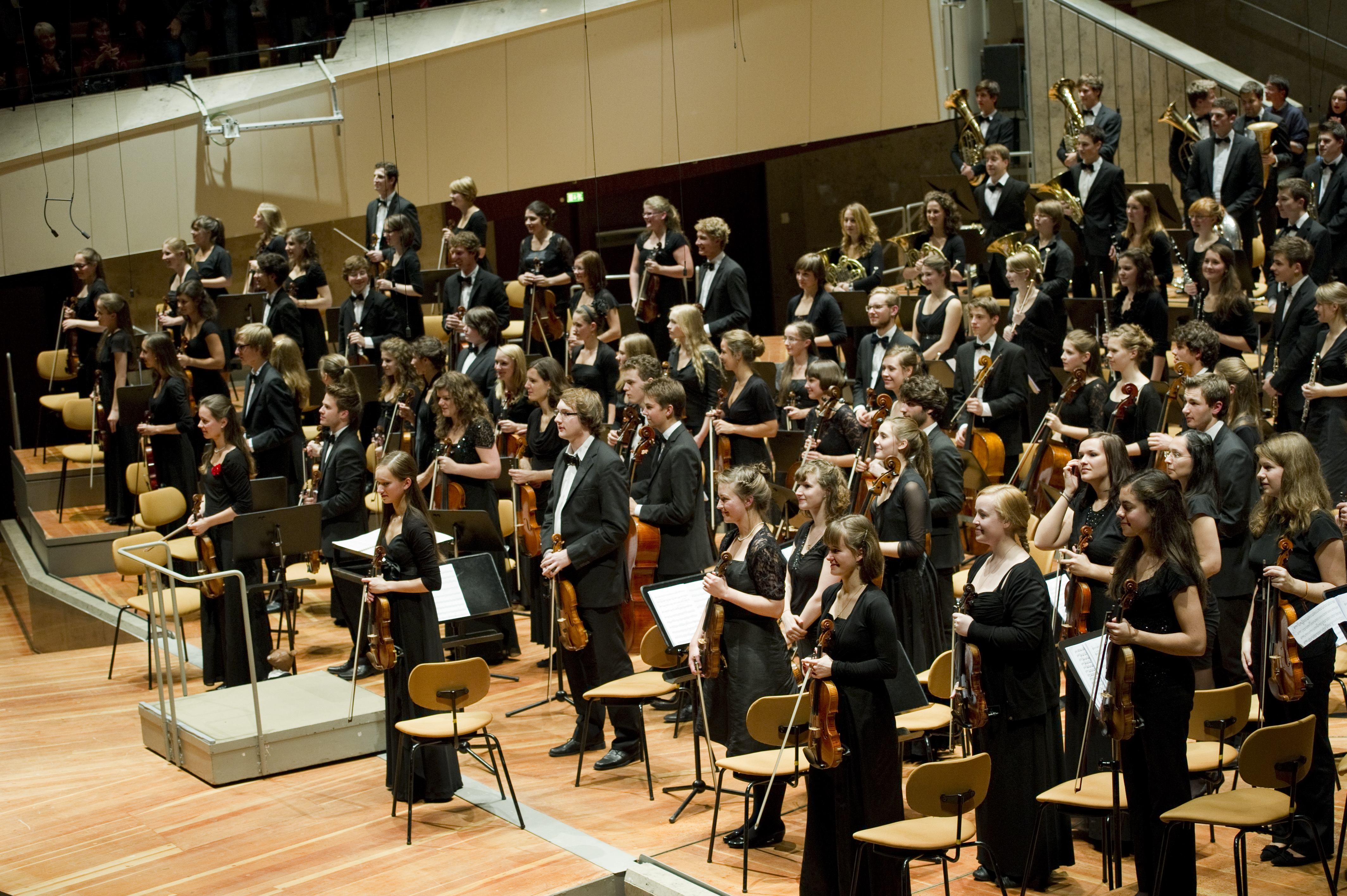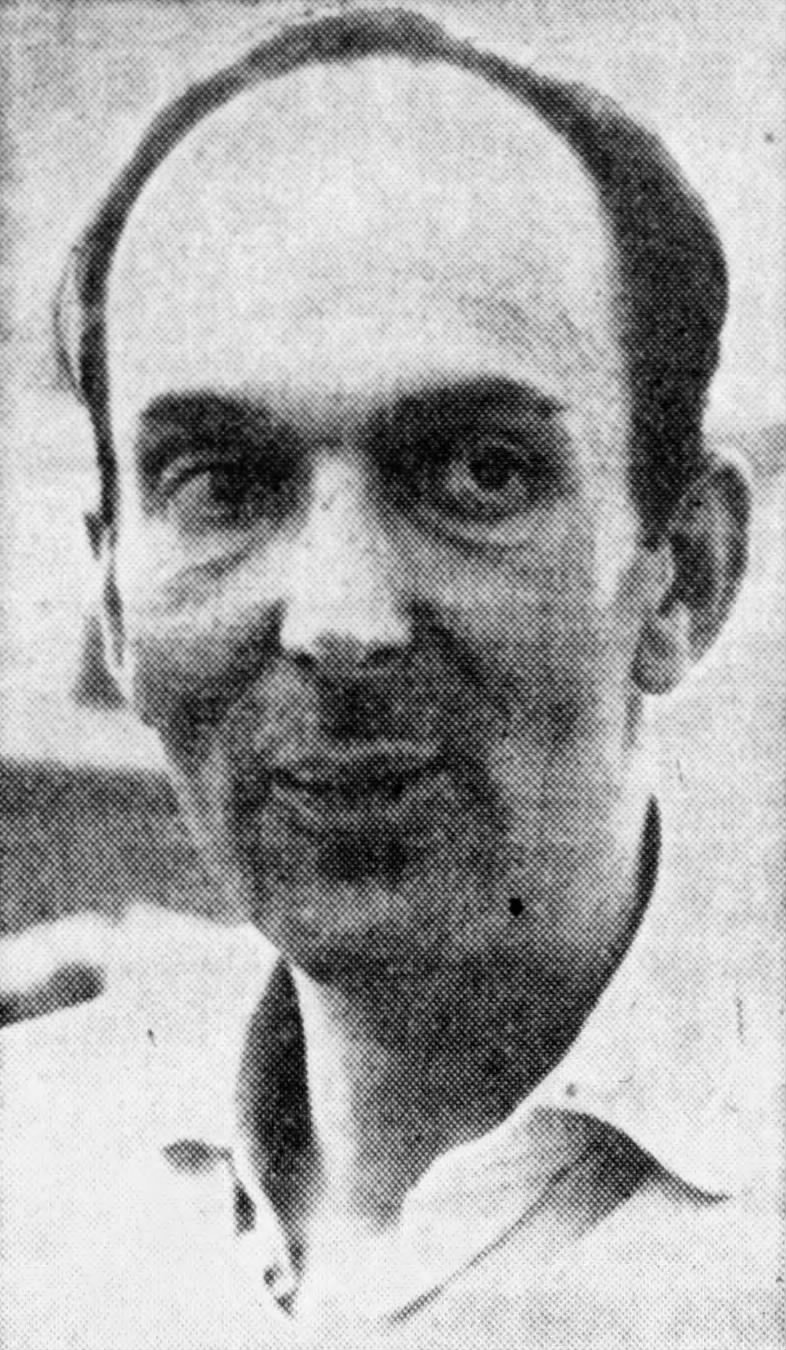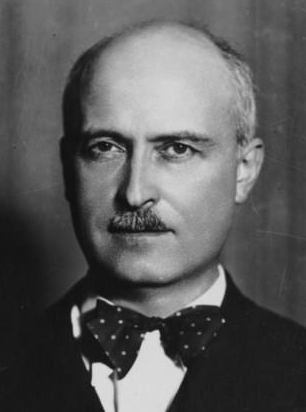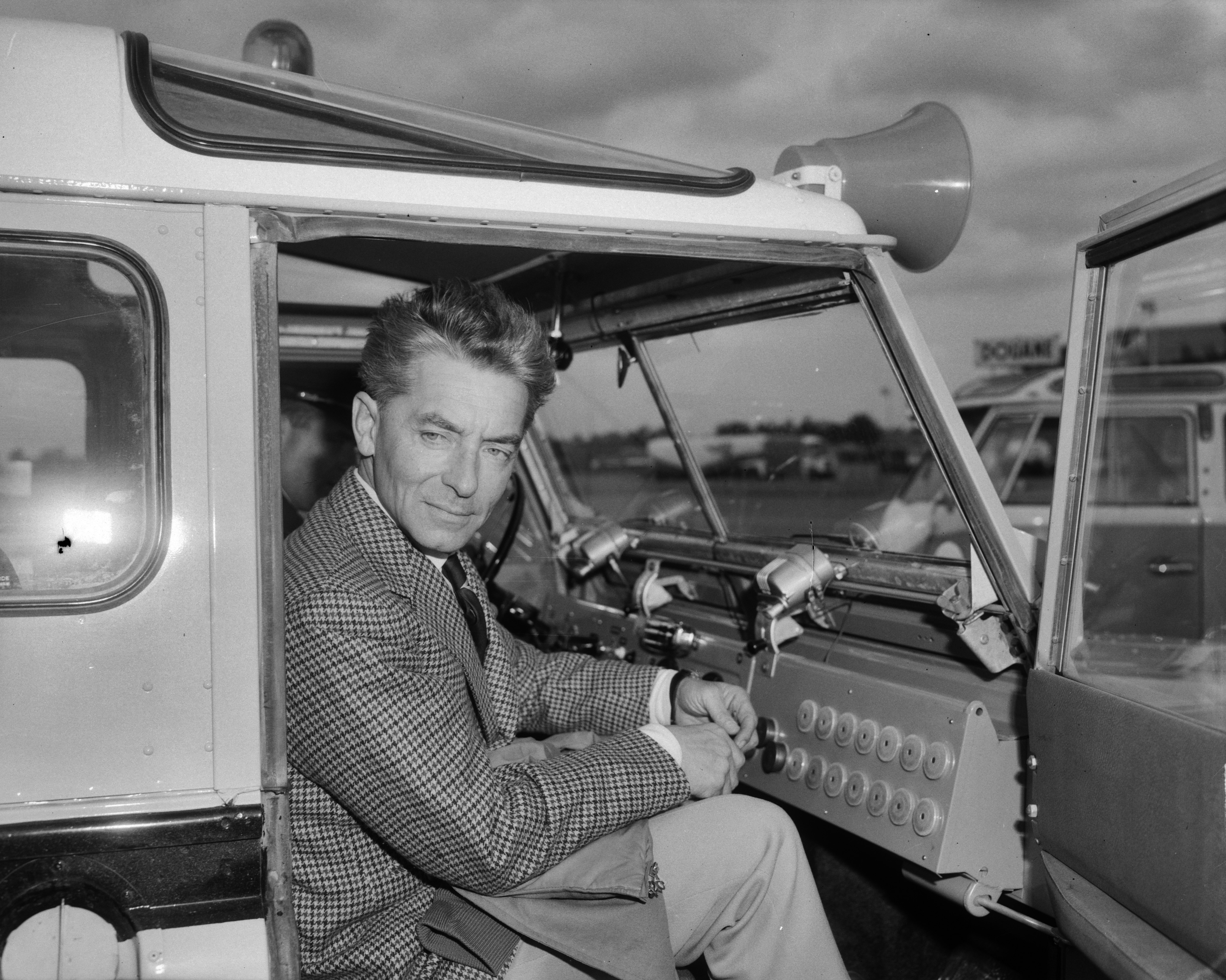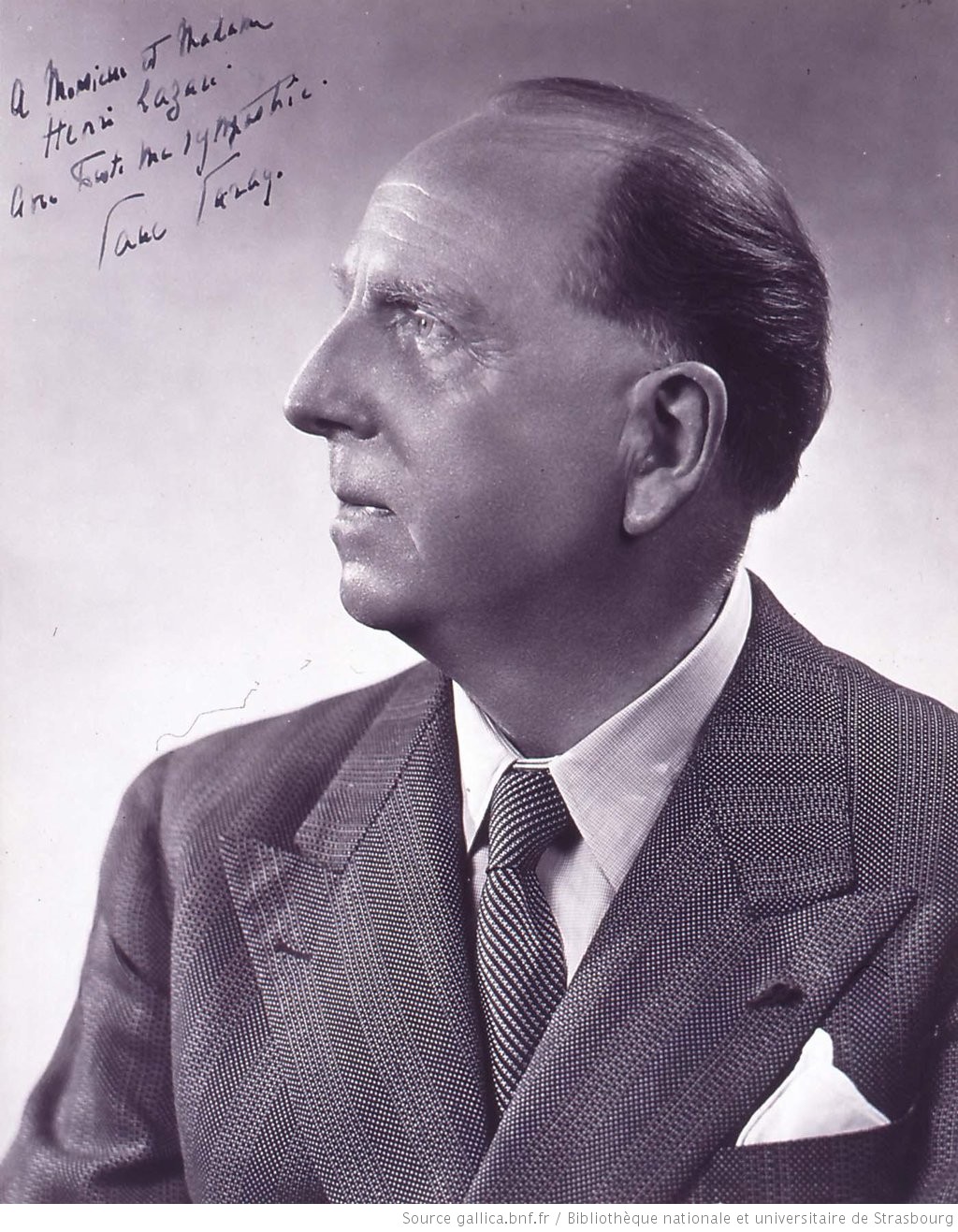|
Daniel Deffayet
Daniel Deffayet (May 23, 1922 – December 27, 2002) was a French classical saxophonist. He was the professor of saxophone at the Conservatoire de Paris where he succeeded Marcel Mule after Mule's retirement in 1968. He held this position until 1988. Biography Daniel Deffayet started studying music at the age of seven, and later entered the Paris conservatory where he studied the saxophone with Marcel Mule. He became professor and worked with chamber orchestras under the direction (i.a.) of Bernstein, Boulez, Cluytens, Doráti, Fricsay, Karajan, Kubelík, Leinsdorf, Maazel, Markevitch, Martinon, Monteux, Munch, Ozawa, Paray et Villa-Lobos. In 1953 he established his quartet. He recorded several times with Herbert Von Karajan and the Berlin Philharmonic. Recordings * Ibert: ''Concertino da camera'' (Epic) *Woodwind Music: Gallois-Montbrun, Glazunov (Musical Heritage Society) *Rivier: Double Concerto (RTF-Barclay) *Debussy: Rapsodie (ERATO) *Daniel Deffayet, Alto S ... [...More Info...] [...Related Items...] OR: [Wikipedia] [Google] [Baidu] |
Classical Music
Classical music generally refers to the art music of the Western world, considered to be #Relationship to other music traditions, distinct from Western folk music or popular music traditions. It is sometimes distinguished as Western classical music, as the term "classical music" can also be applied to List of classical and art music traditions, non-Western art musics. Classical music is often characterized by formality and complexity in its musical form and Harmony, harmonic organization, particularly with the use of polyphony. Since at least the ninth century, it has been primarily a written tradition, spawning a sophisticated music notation, notational system, as well as accompanying literature in music analysis, analytical, music criticism, critical, Music history, historiographical, musicology, musicological and Philosophy of music, philosophical practices. A foundational component of Western culture, classical music is frequently seen from the perspective of individual or com ... [...More Info...] [...Related Items...] OR: [Wikipedia] [Google] [Baidu] |
Igor Markevitch
Igor Borisovich Markevitch (, ''Igor Borisovich Markevich'', , ''Ihor Borysovych Markevych''; 27 July 1912 – 7 March 1983) was a Russian composer and conductor who studied and worked in Paris and became a naturalized Italian and French citizen in 1947 and 1982 respectively. He was commissioned in 1929 for a piano concerto by impresario Serge Diaghilev of the Ballet Russe de Monte Carlo. Markevitch settled in Italy during World War II. After the war, he moved to Switzerland. He had an international conducting career from there. He was married twice and had three sons and two daughters. Early life He was born in Kiev, Kiev Governorate, Russian Empire (today Kyiv, Ukraine) to a family of Ukrainian Cossack '' starshyna'' who were ennobled in the 18th century. His great-grandfather Andrey Markevitch was a Secretary of State at the time of Alexander II of Russia, Actual Privy Councilor in St. Petersburg and co-founder of the Russian Musical Society. Igor was the son of pianist ... [...More Info...] [...Related Items...] OR: [Wikipedia] [Google] [Baidu] |
Alexander Glazunov
Alexander Konstantinovich Glazunov ( – 21 March 1936) was a Russian composer, music teacher, and conductor of the late Russian Romantic period. He was director of the Saint Petersburg Conservatory between 1905 and 1928 and was instrumental in the reorganization of the institute into the Petrograd Conservatory, then the Leningrad Conservatory, following the Bolshevik Revolution. He continued as head of the Conservatory until 1930, though he had left the Soviet Union in 1928 and did not return. The best-known student under his tenure during the early Soviet years was Dmitri Shostakovich. Glazunov successfully reconciled nationalism and cosmopolitanism in Russian music. While he was the direct successor to Balakirev's nationalism, he tended more towards Borodin's epic grandeur while absorbing a number of other influences. These included Rimsky-Korsakov's orchestral virtuosity, Tchaikovsky's lyricism and Taneyev's contrapuntal skill. Younger composers such as Prokofiev an ... [...More Info...] [...Related Items...] OR: [Wikipedia] [Google] [Baidu] |
Raymond Gallois-Montbrun
Raymond Gallois-Montbrun (15 August 1918, Saigon – 13 August 1994, Paris) was a French violinist and composer. He was the director of the Conservatoire de Paris from 1962 to 1984. He studied violin and composition at the Conservatoire de Paris, and won the Prix de Rome in 1944. His works include a violin concerto and the symphony ''Japan'', as well as film scores, such as ''Danger de mort'' (1947) and ''Cry, the Beloved Country ''Cry, the Beloved Country'' is a 1948 novel by South African writer Alan Paton. Set in the prelude to apartheid in South Africa, it follows a black village priest and a white farmer who must deal with news of a murder. American publisher B ...'' (1951). ReferencesMusimem biography, catalogue of works and memoir by Claude Pascal, accessed 3 February 2010 1918 births 1994 deaths Musicians from Ho Chi Minh City 20th-century French classical composers French male classical composers Prix de Rome for composition Conservatoire de Paris a ... [...More Info...] [...Related Items...] OR: [Wikipedia] [Google] [Baidu] |
Concertino Da Camera (Ibert)
The Concertino da camera for alto saxophone and eleven instruments was written by Jacques Ibert in 1935. Ibert dedicated the work to saxophone pioneer Sigurd Raschèr,Raschèr, S. Top Tones for the Saxophone, (1941) Carl Fischer, NY page 19 who premiered the first movement in 1935. Later that year, Ibert completed the second movement, which was performed for the first time in its entirety by Raschèr in December 1935. The work is in two movements; the first, ''Allegro con moto'', is lively and technically challenging and the second begins with a lyrical ''Larghetto,'' featuring soaring lines in the saxophone's upper register. A short cadenza In music, a cadenza, (from , meaning cadence; plural, ''cadenze'' ) is, generically, an improvised or written-out ornamental passage played or sung by a soloist(s), usually in a "free" rhythmic style, and often allowing virtuosic display ... links to the movement's concluding ''Animato molto''. The concerto is distinctive for its l ... [...More Info...] [...Related Items...] OR: [Wikipedia] [Google] [Baidu] |
Jacques Ibert
Jacques François Antoine Marie Ibert (15 August 1890 – 5 February 1962) was a French composer of 20th-century classical music, classical music. Having studied music from an early age, he studied at the Conservatoire de Paris, Paris Conservatoire and won its top prize, the Prix de Rome at his first attempt, despite studies interrupted by his service in World War I. Ibert pursued a successful composing career, writing (sometimes in collaboration with other composers) seven operas, five ballets, incidental music for plays and films, works for piano solo, choral works, and chamber music. He is probably best remembered for his orchestral works including ''Divertissement (Ibert), Divertissement'' (1930) and ''Escales (Ibert), Escales'' (1922). As a composer, Ibert did not attach himself to any of the prevalent genres of music of his time, and has been described as an eclectic. This is seen even in his best-known pieces: ''Divertissement'' for small orchestra is lighthearted, even fri ... [...More Info...] [...Related Items...] OR: [Wikipedia] [Google] [Baidu] |
Berlin Philharmonic
The Berlin Philharmonic () is a German orchestra based in Berlin. It is one of the most popular, acclaimed and well-respected orchestras in the world. Throughout the 20th century, the orchestra was led by conductors Wilhelm Furtwängler (1922–45; 1952–54), Herbert von Karajan (1955–89), and Claudio Abbado (1989–2002). The orchestra’s early years, particularly during the later Nazi era, saw a heavy focus on the Austro-Germanic repertoire, featuring composers such as Beethoven, Brahms, Bruckner, Strauss, and Wagner. Under Furtwängler and Karajan, it became renowned for its distinctive sound and high-quality musicianship and toured widely. In the latter half of the 20th century, the orchestra broadened its repertoire to include more Classical, Romantic, and 20th-century works, as well as lesser-known compositions and music from outside the Austro-German tradition. Since Furtwängler's tenure, the orchestra has made numerous recordings, with the number of recording ... [...More Info...] [...Related Items...] OR: [Wikipedia] [Google] [Baidu] |
Herbert Von Karajan
Herbert von Karajan (; born ''Heribert Adolf Ernst Karajan''; 5 April 1908 – 16 July 1989) was an Austrian conductor. He was principal conductor of the Berlin Philharmonic for 34 years. During the Nazi era, he debuted at the Salzburg Festival, with the Vienna Philharmonic, the Berlin Philharmonic, and during World War II he conducted at the Berlin State Opera. Generally regarded as one of the greatest conductors of the 20th century, he was a controversial but dominant figure in European classical music from the mid-1950s until his death. Part of the reason for this was the large number of recordings he made and their prominence during his lifetime. By one estimate, he sold 200 million records. Biography Early life Genealogy The Karajans were of Greek ancestry. Herbert's great-great-grandfather, Georg Karajan (Geórgios Karajánnis, ), was born in Kozani, in the Ottoman province of Rumelia (now in Greece), leaving for Vienna in 1767, and eventually Chemnitz, Electorate of ... [...More Info...] [...Related Items...] OR: [Wikipedia] [Google] [Baidu] |
Heitor Villa-Lobos
Heitor Villa-Lobos (March 5, 1887November 17, 1959) was a Brazilian composer, conductor, cellist, and classical guitarist described as "the single most significant creative figure in 20th-century Brazilian art music". Villa-Lobos has globally become one of the most recognizable South American composers in music history. A prolific composer, he wrote numerous orchestral, chamber, instrumental and vocal works, totaling over 2,000 works by his death in 1959. His music was influenced by both Brazilian folk music and stylistic elements from the European classical tradition, as exemplified by his '' Bachianas Brasileiras'' (Brazilian Bach-pieces) and his Chôros. His Etudes for classical guitar (1929) were dedicated to Andrés Segovia, while his ''5 Preludes'' (1940) were dedicated to his spouse Arminda Neves d'Almeida, a.k.a. "Mindinha". Both are important works in the classical guitar repertory. Biography Youth and exploration Villa-Lobos was born in Rio de Janeiro. His father, Ra ... [...More Info...] [...Related Items...] OR: [Wikipedia] [Google] [Baidu] |
Paul Paray
Paul Marie-Adolphe Charles Paray (French: [pɔl paʁɛ]; 24 May 1886 – 10 October 1979) was a French conductor, organist and composer. After winning France's top musical award, the Prix de Rome, he fought in the First World War and was a prisoner of war for nearly four years. He held a succession of chief conductorships, including those of the Lamoureux Orchestra, Lamoureux and Colonne Orchestra, Colonne Orchestras in Paris and the Monte-Carlo Philharmonic Orchestra in Monaco. For ten years from 1952 he was chief conductor of the Detroit Symphony Orchestra, with which he made a celebrated series of recordings for Mercury Records#Mercury Living Presence series, Mercury Records' "Living Presence" series, many of which have been digitally released in the 21st century. Life and career Early years Paul Paray was born in Le Tréport, Normandy, on 10 October 1886,Goodwin, Noë"Paray, Paul" ''Grove Music Online'', Oxford University Press, 2011 , the second son and youngest of three chil ... [...More Info...] [...Related Items...] OR: [Wikipedia] [Google] [Baidu] |
Seiji Ozawa
was a Japanese conductor known internationally for his work as music director of the Toronto Symphony Orchestra, the San Francisco Symphony, and especially the Boston Symphony Orchestra (BSO), where he served from 1973 for 29 years. After conducting the Vienna New Year's Concert in 2002, he was director of the Vienna State Opera until 2010. In Japan, he founded the Saito Kinen Orchestra in 1984, their festival in 1992, and the Tokyo Opera Nomori in 2005. Ozawa rose to fame after he won the 1959 Besançon competition. He was invited by Charles Munch, then the music director of the BSO, for the following year to Tanglewood, the orchestra's summer home, where he studied with Munch and Pierre Monteux. Winning the festival's Koussevitzky Prize earned him a scholarship with Herbert von Karajan and the Berlin Philharmonic and brought him to the attention of Leonard Bernstein, who made him his assistant with the New York Philharmonic in 1961. He became artistic director of the ... [...More Info...] [...Related Items...] OR: [Wikipedia] [Google] [Baidu] |
